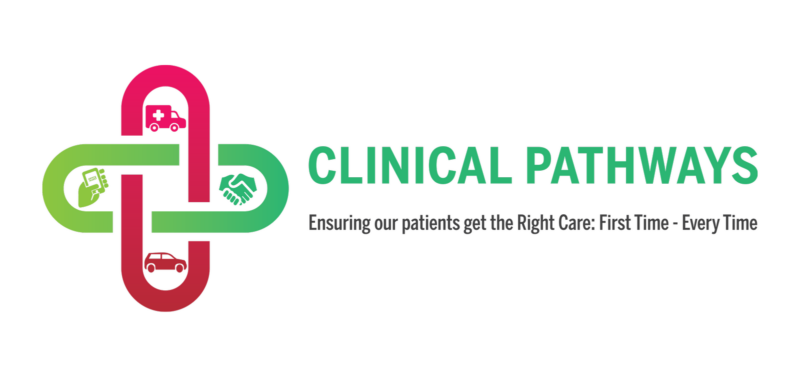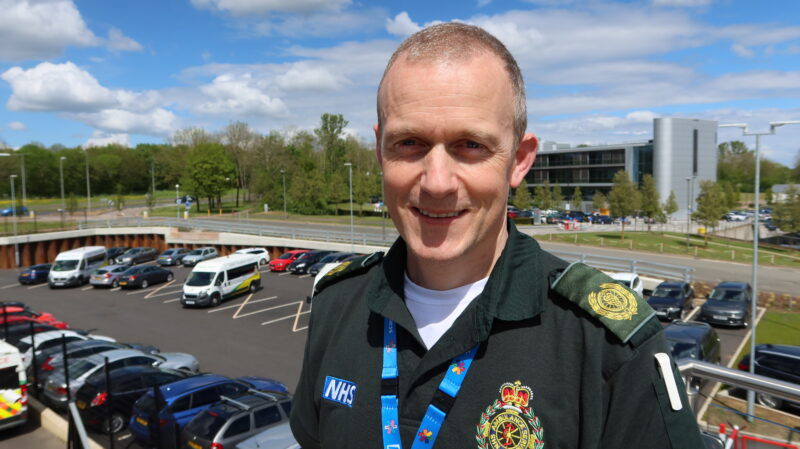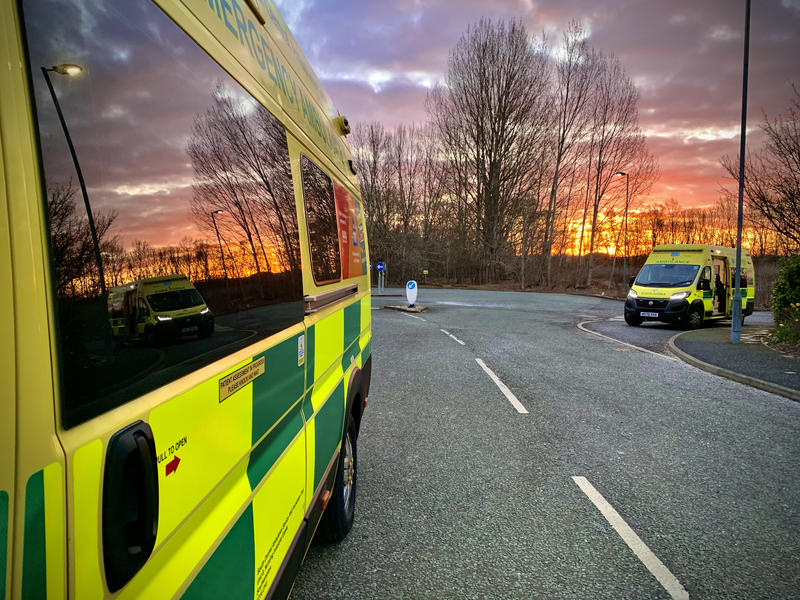A pioneering initiative led by South Central Ambulance Service (SCAS) is helping more than 50,000 patients a year receive the right treatment more quickly – often avoiding transfer to emergency departments.
Launched as a pilot in 2019 known as urgent care pathways, it sees ambulance service clinicians take a leading role in assessing and treating patients in their homes when handling 111 or 999 calls and determining their next destination for ongoing care.
Within just two years it had prevented more than 30,000 patient journeys to emergency departments having created more than 120 different healthcare pathways for clinicians to refer patients to directly.
As a result, many of these were admitted directly into a specialist hospital service covering medical, surgical, paediatric, respiratory, frailty or mental health needs, transported to a treatment centre or referred onto a community service or their GP to be managed at home.

The project, which is now known as clinical pathways and is a core part of the SCAS service, focuses on moderately unwell patients with medical conditions, older patients who are frail with chronic conditions who are at risk of falls, those with respiratory conditions such as COPD and asthma, people in mental health crises or children who require a specialist paediatric assessment.
Ambulance staff are supported to assess patients at home and take a lead role in working with consultants in hospitals, community teams and GPs to determine a patient’s next steps.
This can include referrals to services including hospital same day emergency care units (SDECs), urgent community response teams (UCRs), acute respiratory hubs and virtual wards, where patients are safely treated and monitored at home.
The system proved an invaluable asset during the COVID-19 pandemic for managing residents in care homes and avoiding the need for hospital admissions through treatment at home, referral to community services or by-passing emergency departments.
It is supported by a dedicated online directory – SCAS Connect – which was developed to categorise all urgent care options available across Berkshire, Buckinghamshire, Hampshire and Oxfordshire to assist staff with locating clinical and support services and making the right clinical decision in the community.

Available as a smartphone and tablet app, SCAS Connect has inclusion and exclusion criteria for each service, opening hours, contact numbers, email addresses, what patients they will or won’t see, parking locations for ambulances, as well as links to current clinical guidance to aid decision-making.
Due to its success the initiative has been backed by NHS England and similar models rolled out across other ambulance trusts.
“The development of our clinical pathways service led by a specialist care team has been a revelation in opening up more appropriate treatment options to avoid patients being taken to hospital emergency departments as the default option,” said Chris Jackson (pictured), Assistant Senior Operations Manager and Clinical Pathway Team lead at SCAS.
“The creation and effectiveness of SCAS Connect has been integral to the project as it gives clinicians everything they need to support them in making the right decision on care for the patients they are sent to. If crews are working out-of-area then they still have access to everything they need to make the right clinical decision for every patient they see.”
He added: “We are now truly realising the potential of our expert mobile clinicians to ensure patients get the right care as quickly as possible while reducing the burden on emergency departments.
“More than 50,000 patients per year are now benefitting from the collaborations between SCAS and our system partners to support patients getting to the right care first time every time and we are delighted NHS England is supporting the rollout of similar models across ambulance services.”
Dr John Black, Medical Director at SCAS, said: “This excellent initiative is integral to delivering the right care first time every time and supports the delivery of care in the community as close to home as possible when it is safe and appropriate to do so.”

